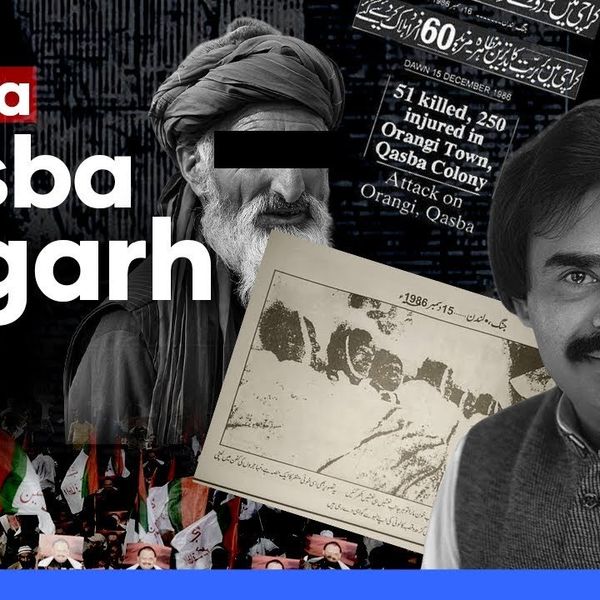Police probe into UK journalist's tweet sparks free-speech debate
Allison Pearson faces a criminal probe by Essex Police for alleged racial hatred over a now-deleted social media post
Reuters
News Agency Partner
Reuters is a leading source of news and information, delivering fact-based reporting and expert analysis on international events and trends.

Allison Pearson is facing lawsuit for allegedly inciting racial hate through a social media post.
The Telegraph
UK Conservative leader Kemi Badenoch demanded on Saturday a review of the law after a police investigation into a journalist's social media post sparked a debate over free speech.
Essex Police in southeast England is investigating Daily Telegraph writer Allison Pearson for allegedly stirring up racial hatred over a post she made last November and visited her house on Sunday to invite her for a voluntary interview.
She says police had not told her who made the complaint or the post at the centre of the probe.
But UK media, including the BBC, reported that Pearson retweeted an image of two police officers at a protest standing next to two men holding a flag purported to be in support of Gaza.
The post carried the words: "Look at this lot smiling with the Jew haters" but X added a notice stating that the flag was of a Pakistani political party and the protest was "not related to Palestine". Pearson later deleted the post.
She claims that police were treating it as a so-called non-crime hate incident (NCHI).
But the force denied that and said it was conducting a criminal investigation into "uttering words that were intended to cause racial hatred".
The case has sparked a furore, with senior politicians, lawyers and even X owner Elon Musk weighing in.
Musk, a frequent critic of the UK state, shared the article on X, writing: "This needs to stop".
Badenoch told the right-wing Telegraph: "There has been a long-running problem with people not taking free speech seriously," adding: "We need to look at the laws."
Conservative ex-prime minister Boris Johnson also tweeted on Saturday that current UK leader Keir Starmer should "tell the cops -- 'police the streets, not the tweets'".
International lawyer Geoffrey Robertson told the Telegraph: "Any judgement must await the revelation of her actual words."
"Some social media racists have rightly been convicted over disinformation which actually stoked the recent riots," he said.
"But it is right to watch closely and consider whether the quickly deleted opinion could be such as to justify the intervention of the state."
He added it was "silly to blame the government... for what may simply be a case of overzealous or under-competent policemen".
Former Labour MP Ian Austin wrote in the Telegraph on Saturday that he too had been investigated for using the word "Islamist" in a social media post following the October 7 attacks by Hamas.
He added that police would have recorded his comment as an NCHI had the rules not been changed to raise the threshold.
NCHIs have long been a source of controversy in the UK, with the Times reporting on Friday that a nine-year-old had been probed over an insulting remark to a fellow pupil.
NCHIs are recorded by the police "to collect information on 'hate incidents'... that do not constitute a criminal offence"" according to government guidelines.
They involve incidents which are perceived by any person "to be motivated -- wholly or partly -- by hostility or prejudice towards persons with a particular characteristic".
More than 13,200 hate incidents were recorded in the 12 months to June this year, according to police figures.
Starmer's spokesman said Thursday that the government was reviewing guidance to ensure "the fundamental right to free speech" but said it was important that police recorded NCHIs where "proportionate and necessary".
Critics, including Robertson, argue that people can end up with an NCHI record without "a fair opportunity for challenge".










Comments
See what people are discussing